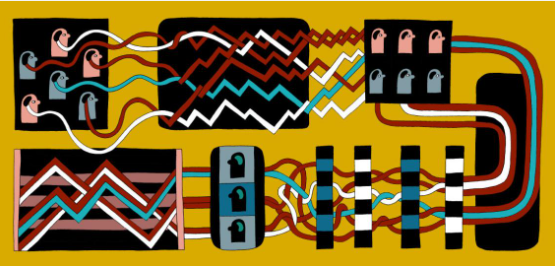You are here
Neural Mechanisms of Sociability
Speakers
Abstract
Positive prosocial interactions contribute to the development and maintenance of a range of adaptive, cooperative behaviors. Conversely, inability to participate in normal social interactions is a debilitating symptom of several prominent neuropsychiatric disorders. Although the role of neuromodulators in social behaviors is an active area of investigation, relatively little is known about the detailed neural mechanisms that influence sociability. This talk will review evidence that release of serotonin in the nucleus accumbens plays a critical role in promoting sociability. Deficits in the action of serotonin in the nucleus accumbens may contribute to sociability deficits in mouse models of autism spectrum disorder (ASD). Consistent with this hypothesis, administration of specific serotonin receptor agonists can rescue sociability deficits in several ASD mouse models and administration of MDMA enhances sociability in mice due to its serotonin-releasing properties in the nucleus accumbens.


